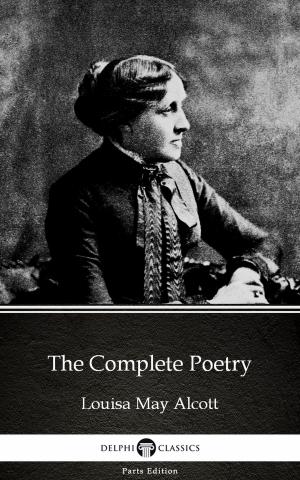| Author: | C.H. Forbes-Lindsay | ISBN: | 6610000024780 |
| Publisher: | PublishDrive | Publication: | August 7, 2017 |
| Imprint: | Merkaba Press | Language: | English |
| Author: | C.H. Forbes-Lindsay |
| ISBN: | 6610000024780 |
| Publisher: | PublishDrive |
| Publication: | August 7, 2017 |
| Imprint: | Merkaba Press |
| Language: | English |
We shall be able to follow the story of Daniel Boone with a better understanding if, before entering upon it, we take a brief survey of the country in which his entire life was passed and the people among whom he lived—the American backwoods and the American backwoodsmen.
At the outbreak of the Revolution the American colonies extended no farther west than the Alleghany Mountains, and consisted of the narrow strip of territory lying between that rocky wall and the Atlantic seaboard. By far the greater portion of the population dwelt along the coast in urban centres, or in comparatively closely settled districts which had been cleared and cultivated. In this belt were found the large plantations and wealthy slave-owners. Beyond it, the land was covered with virgin forest, dense, impenetrable, except along the trails, and infested by wild beasts and savages.
In the portion of this region that lay nearest to civilization a rude backwoods town might be found here and there. It lay in a clearing of a few hundred acres, and usually at the junction of several frequented trails. It consisted of a cluster of log cabins, a general store, perhaps a smithy, a school, a tavern, and court-house. The inhabitants seldom numbered more than three or four hundred. It may not be strictly proper to speak of a people to whose midst the schoolmaster and the judge penetrated, as beyond the bounds of civilization, and, of course, the expression is used in a comparative sense. The backwoods dominie was hardly worth considering as an educational factor. He was generally ignorant, frequently intemperate, and sometimes immoral. The law lost much of its wonted majesty in a community where an unpopular judge was liable to be mobbed and a dishonest sheriff to be lynched...
We shall be able to follow the story of Daniel Boone with a better understanding if, before entering upon it, we take a brief survey of the country in which his entire life was passed and the people among whom he lived—the American backwoods and the American backwoodsmen.
At the outbreak of the Revolution the American colonies extended no farther west than the Alleghany Mountains, and consisted of the narrow strip of territory lying between that rocky wall and the Atlantic seaboard. By far the greater portion of the population dwelt along the coast in urban centres, or in comparatively closely settled districts which had been cleared and cultivated. In this belt were found the large plantations and wealthy slave-owners. Beyond it, the land was covered with virgin forest, dense, impenetrable, except along the trails, and infested by wild beasts and savages.
In the portion of this region that lay nearest to civilization a rude backwoods town might be found here and there. It lay in a clearing of a few hundred acres, and usually at the junction of several frequented trails. It consisted of a cluster of log cabins, a general store, perhaps a smithy, a school, a tavern, and court-house. The inhabitants seldom numbered more than three or four hundred. It may not be strictly proper to speak of a people to whose midst the schoolmaster and the judge penetrated, as beyond the bounds of civilization, and, of course, the expression is used in a comparative sense. The backwoods dominie was hardly worth considering as an educational factor. He was generally ignorant, frequently intemperate, and sometimes immoral. The law lost much of its wonted majesty in a community where an unpopular judge was liable to be mobbed and a dishonest sheriff to be lynched...















